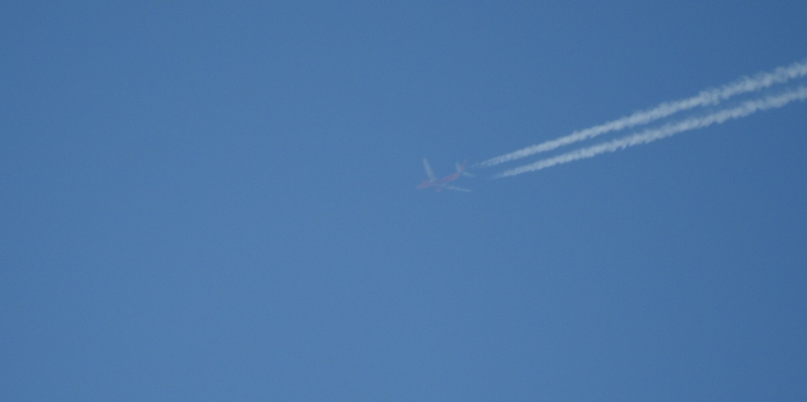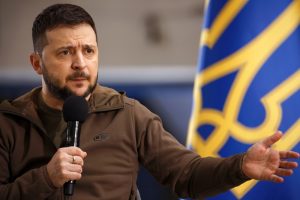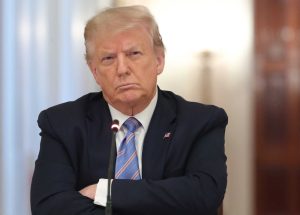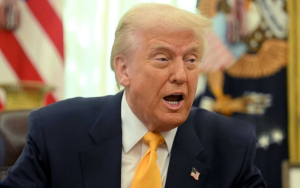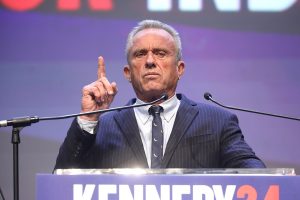The warning also includes non-EU carriers operating under EASA authorization.
Others are reading now
The skies over Russia are a vital pathway for global air travel. With thousands of flights passing through daily, the airspace connects continents and serves as a crucial route for airlines.
For years, it has been a preferred choice due to the time and fuel savings it provides.
But in regions impacted by conflict, even the most important air routes can become dangerous, leading to changes in how they are managed.
Avoid Russian Airspace
The European Union Aviation Safety Agency (EASA) has issued a recommendation advising airlines to avoid Russian airspace due to safety risks linked to the ongoing war in Ukraine.
Also read
The advisory follows the December 25 crash of an Azerbaijan Airlines flight, which claimed 38 lives, according to Ziare.
Reports suggest the crash occurred after a Russian air defense missile fired at Ukrainian drones unintentionally struck the aircraft.
The flight, traveling from Baku to Grozny, diverted and crashed in Kazakhstan.
Azerbaijani officials have pointed to the Russian Pantsir-S missile system as the likely cause of the tragedy.
EASA expressed concerns over the risk of civilian aircraft being misidentified as military targets, as well as poor coordination between military and civilian aviation systems.
The advisory applies to Russian airspace west of the 60° East longitude and affects all flight altitudes.
While EU airlines are already barred from flying in Russian airspace, the warning also includes non-EU carriers operating under EASA authorization.
The recommendation is set to remain in effect until July 31, 2025, though it could be updated sooner if the situation changes.
The crash has strained relations between Azerbaijan and Russia. Azerbaijani President Ilham Aliyev criticized Russian authorities for concealing evidence and failing to close the airspace near Grozny.
Russian President Vladimir Putin offered condolences but has not acknowledged responsibility for the crash.

